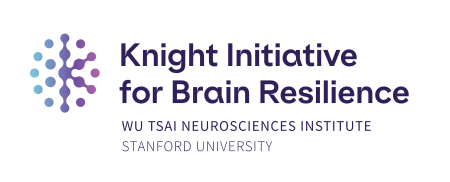Project Summary
Meta-learning, an old concept in psychology, is the ability of humans to improve the way they learn with experience. Our previous experience of learning a skill makes us better at learning another, related skill. For instance, an athlete will learn a new sport faster than someone without the same level of experience in similar learning tasks. How does the brain accomplish this powerful process of learning to learn? Even though much progress has been made in understanding the neural mechanisms of learning, the neural mechanisms of meta-learning are still an enigma. My research will address this important gap in our knowledge of brain function. Specifically, my goal is to develop an understanding of the neural mechanisms of meta-learning that spans from molecules to synapses to circuits to behavior.
Synaptic plasticity is the process of strengthening or weakening the connections between neurons, which is thought to mediate learning. My postdoctoral lab recently discovered that the rules governing the induction of synaptic plasticity are more heterogeneous across synapses than previously thought. In particular, the timing rules for synaptic plasticity seem to be precisely tuned to the feedback delays in a specific circuit, in such a way that feedback about an error only weakens the synapses that contributed to the error. I will test the hypothesis that the precise timing rules that synapses use to implement learning are themselves learned, by combining molecular, cellular, systems, and behavioral neuroscience, and engineering approaches. This research should yield seminal concepts about the neural mechanisms of meta-learning, which could have profound implications in basic and clinical neuroscience, and pave the way for novel approaches in the fields of education and machine learning.
Project Details
Funding Type:
Interdisciplinary Scholar Award
Award Year:
2020
Lead Researcher(s):
Team Members:
